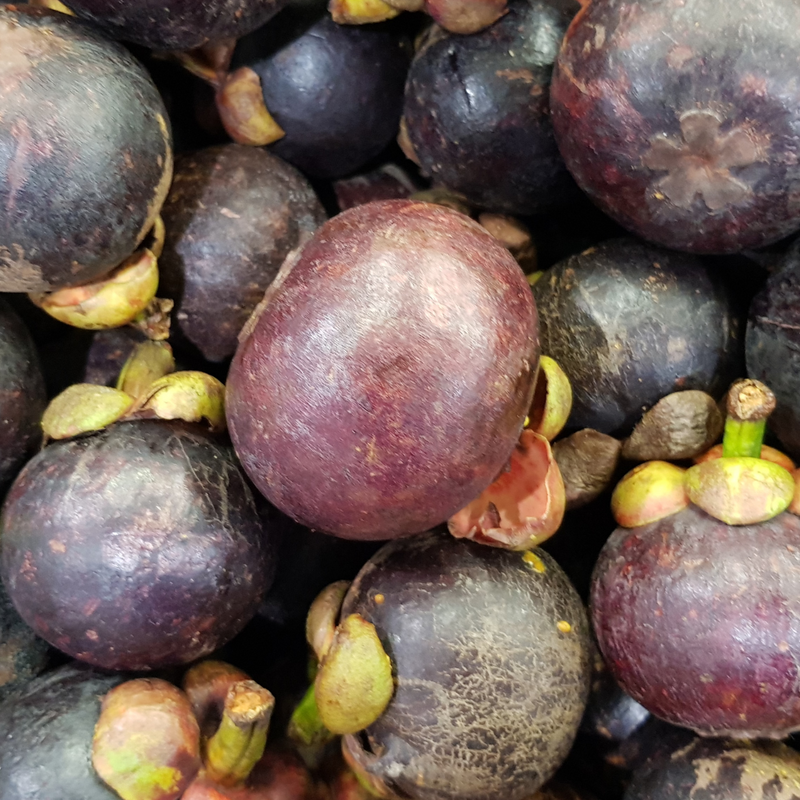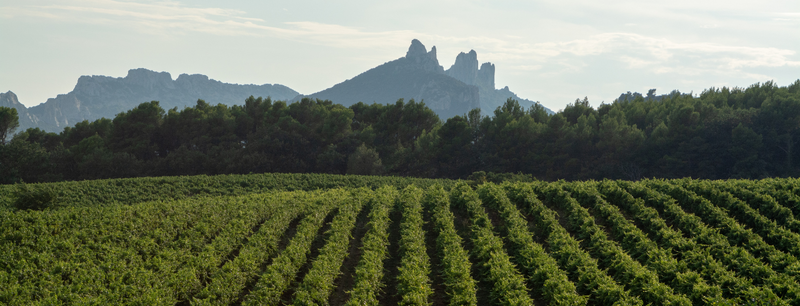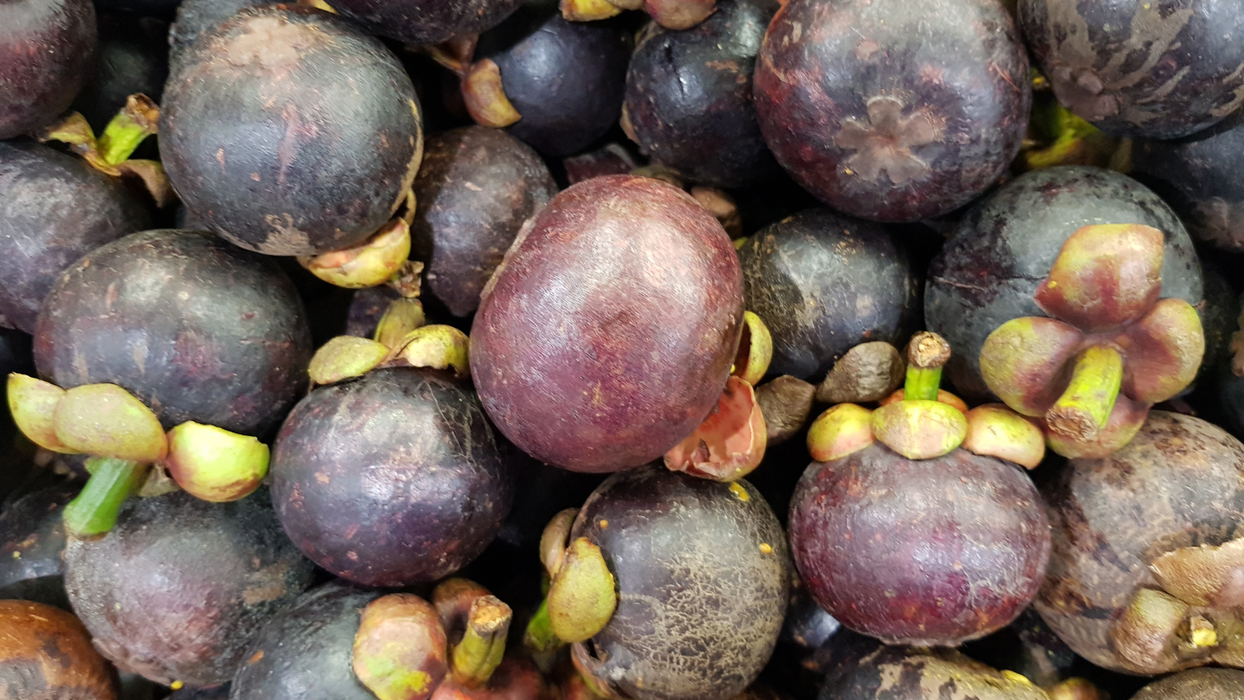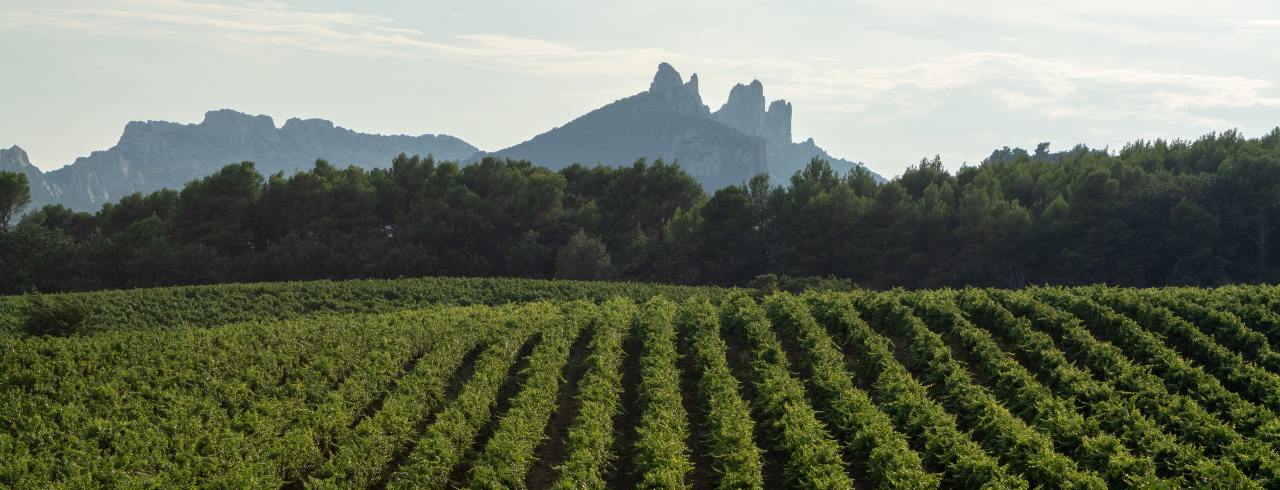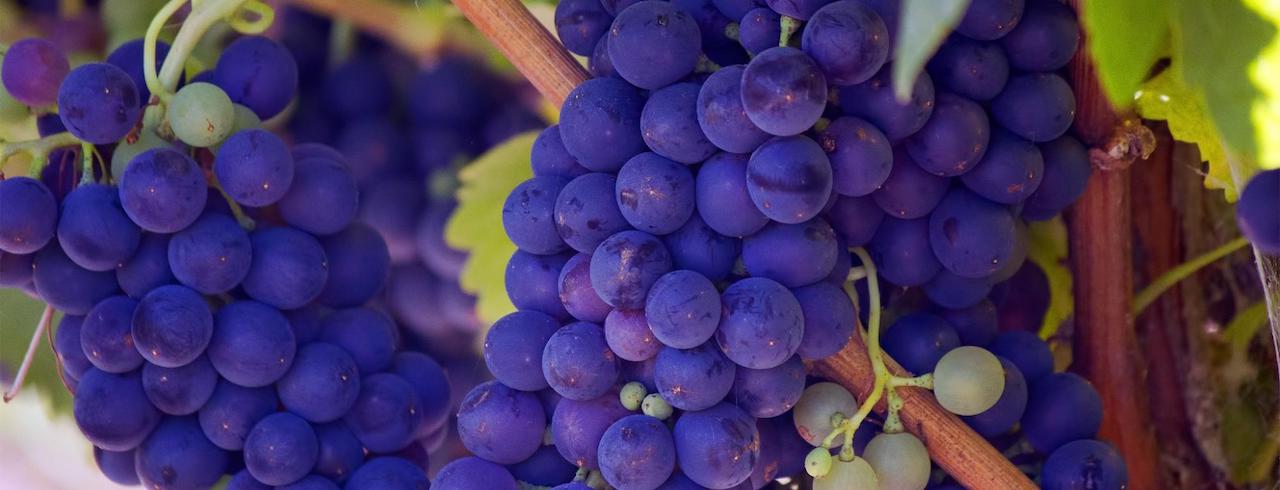
How Was Wine Discovered?
With a birthday dating back at least eight thousand years, it’s safe to say that wine’s been around the block a few times.
This beverage is an often-overlooked factor in the shape of human history. It’s delighted people all across the globe longer than we’ve been keeping written records of history!
From its humble grape juice origins to the advanced viticultural industry we have today, let’s take a step back and examine just how wine came to be.
Was this timeless drink invented by a single person? What can mythic storytelling teach us about our beloved vino? And are we alone in the animal kingdom in our appreciation of a good Pinot?
We’re going to answer all those questions and more.
So go ahead, pour yourself a tall glass and read on to learn everything there is to know about the ancient beginnings of wine.
Who Invented Wine?
Wine is one of the oldest beverages known to man, and its origins certainly predate written history. Even modern archaeologists are still uncertain about the dates and circumstances of the first cultivation of grapevines.
In all likelihood, wine wasn’t so much invented as it was accidentally discovered.
Early hunter-gather civilizations loved berries and grapes and had been foraging fruits and nuts for tens of thousands of years. The most likely explanation is that humans took a liking to fermented grape juice after their grapes had spoiled and created an alcohol-like substance.
The discovery of wine has probably occurred many times throughout history in different civilizations all across the globe. Many different early neolithic cultures lay claim to wine as their people’s unique discovery.
There’s evidence of a grape and rice fermented mixture dating back to 7000 BC in ancient China. There are also multiple instances of wine fermentation a couple of thousand years later around modern-day Georgia, Iran, Greece, and Sicily.
The earliest steadily-producing winery we’ve found dates back to 4000 BC in the Areni-1 cave in Armenia. At that site, archaeologists discovered artifacts that resembled a modern-day wine press, fermentation vats, and even chalices for drinking.
Some believe that the advanced winemaking technology at this ruin suggests that viticulture must have already existed for many hundreds, if not thousands of years up to that point.
Indeed, ancient Egyptian tombs from 3000 B.C. contain urns filled with liquids thought to be ancient wine. Carvings from 4000 B.C. at the Apadana Palace in modern-day Persepolis, Iran depict the Persian King receiving vats of wine as gifts from subjected peoples.
So, who invented wine? Many people across many different times.

The Mythic History of Wine
There are dozens of myths describing the discovery of winemaking.
The book of Genesis in the Old Testament describes Noah’s invention and consumption of wine directly after the Great Flood.
Meanwhile, the ancient Greeks believed in an entire god whose purpose was tied to winemaking called Dionysus. They believed that Dionysus discovered viticulture at Mt. Nysa and passed down his teachings to the people of central Anatolia to allow others to enjoy the wonders of winemaking.
Due to his teachings, he was rewarded by the higher powers to become a god of wine.
Perhaps the most interesting myth regarding the discovery of wine comes from ancient Persia. In this tale, King Jamshid sent one of his subjects into exile, leading her into a deep depression and suicidal thoughts.
The woman entered the king’s warehouse and found a jar marked “poison” which contained spoiled grapes now deemed toxic. She imbibed the liquid and instead of ruining her life, found great happiness. She demonstrated her discovery to King Jamshid, who loved it.
Not only did he accept her back, but he declared that all grapes grown in the region must be devoted to winemaking to allow all to enjoy the glorious liquid.

We’re Not Alone In Our Love Of Wine
It’s important to remember that we humans aren’t alone in our love of wine. Many other animals have been observed to enjoy the effects of alcohol.
Bohemian waxwing birds, a species native to North America and Eurasia, are commonly found eating rowan berries that have spoiled and fermented during the winter.
Most birds stop eating to the point of feeling a light buzz, but some keep on munching away.
In fact, some waxwing birds in Canadian national parks become so intoxicated that they fall out of the sky and are taken to animal healthcare units (and sometimes rehab) to be restored to full health.
Birds aren’t the only flyers that enjoy a bit of intoxicated fruit. Many bats in Central and South America commonly eat fermented berries to outrageous extremes.
A 2009 study in Belize demonstrated that some bats achieve a blood alcohol content of 0.3%. If that bat were behind the wheel of a car, they would test nearly four times above the legal limit!

An Invention For The Ages
With an imperfect archaeological record and dozens of civilizations laying claim to its discovery, it’s likely that we’ll never really know who invented wine.
In all likelihood, wine has been invented many times throughout history by people whose true identity will be lost to the sands of time. The only thing we can say for certain is that we’re glad wine has stuck around for all this time.
For your next bottle, take a moment to thank Dionysus, the Persian Princess, or whatever human(s) may have introduced us to this delightful drink. However it got here, we should all do our part to appreciate wine to the fullest extent it deserves.
We think there’s no better way to say thanks than by trying out new varietals and expanding our collective wine horizons. Browse through our expansive and historic catalog of reds, whites, and every shade in between.
Look through our blog to discover more about wine’s history as well as our Wine 101 page for all there is to know about this timeless beverage.
